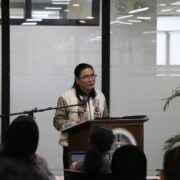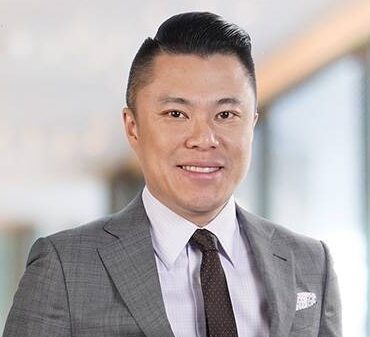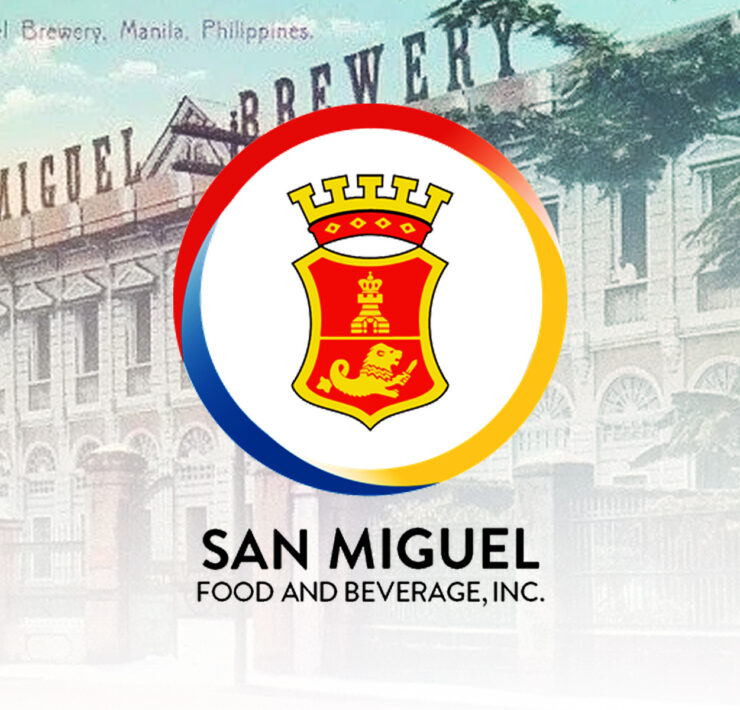New generation steps up
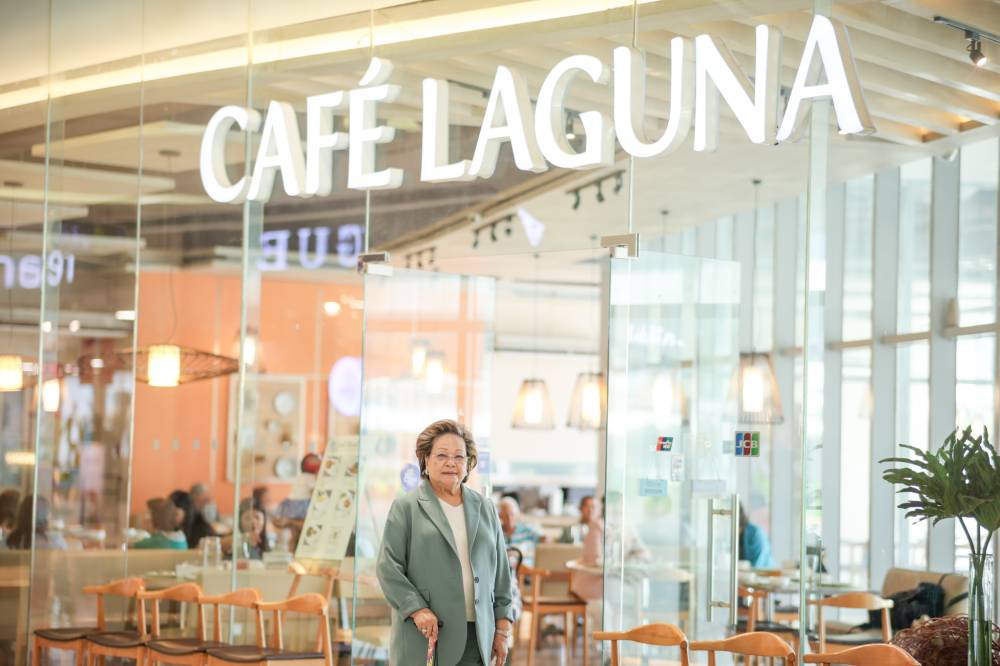
Cafe Laguna. Harbour City. Hukad. Salon de Rose.
These leading brands that stand out in the hypercompetitive retail landscape of Cebu have more in common aside from being among the most respected names in their chosen fields.
They also share the distinction of being among the pioneer tenants of SM Supermalls, with whom they share a relationship more akin to that of family and business partners rather than just that between a landlord and a tenant.
What’s more, Cafe Laguna founder Julita Urbina, Harbour City executives Steven and Christopher Kokseng, Salon de Rose President Brian Lim, and Hukad Chief Executive Officer (CEO) Kenneth Kokseng embrace the privilege of continuing to learn from the examples set by the late SM Group founder Henry Sy Sr., also known as “Tatang,” setting them firmly on a path of continuing success.
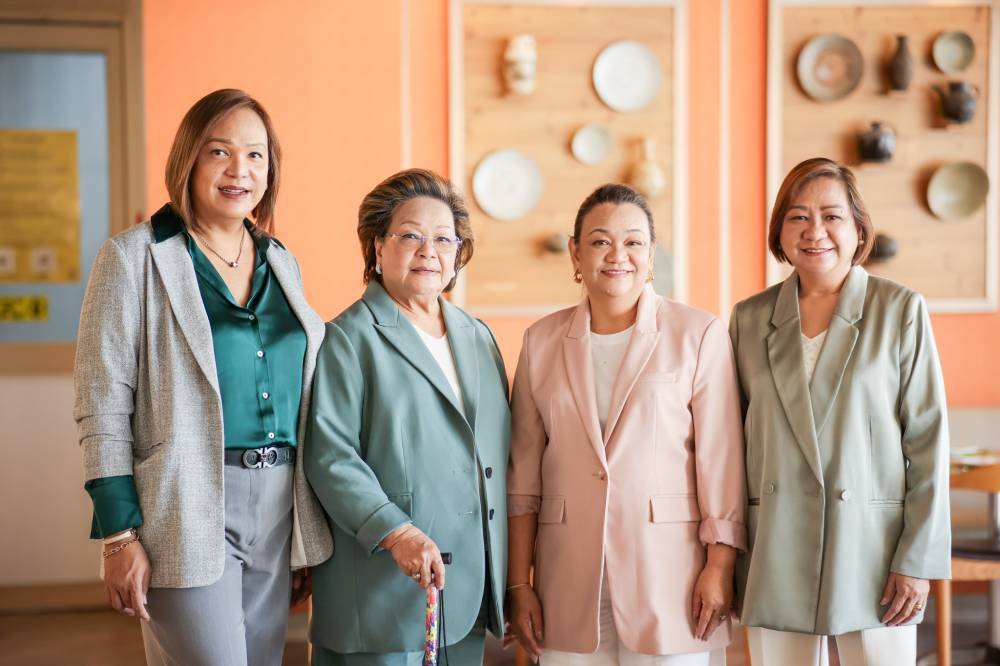
“Ang ganda nilang model (They are a good model),” shared Urbina, who saw during the openings long ago of SM City Cebu how the late Tatang and his wife Felicidad did not call attention to themselves and comfortably mingled with the staff members and the retail goers who visited the newly opened mall that helped transform Cebu’s retail sector.
She also admired how the SM Group continued to flourish and indeed reach new heights even after Tatang’s passing. She was inspired by that successful transition and hopes that it will guide her and her family as the Laguna Group welcomes the entry of new blood.
Like Tatang, Urbina started small.
Her first venture was just a 10-table eatery that she put up in the 1970s beside the gate of Camp Lapu-Lapu. Initially, her idea was just to augment the family income since she and her husband, Ricardo, a military doctor assigned at the Army hospital in Lahug had five mouths to feed.
Putting up a carinderia was logical for Urbina since she loved to cook—she learned from her mother—and knew that there was always demand for comfort food such as menudo, bam-i, adobo, sotanghon, and beef stew that she prepared herself.
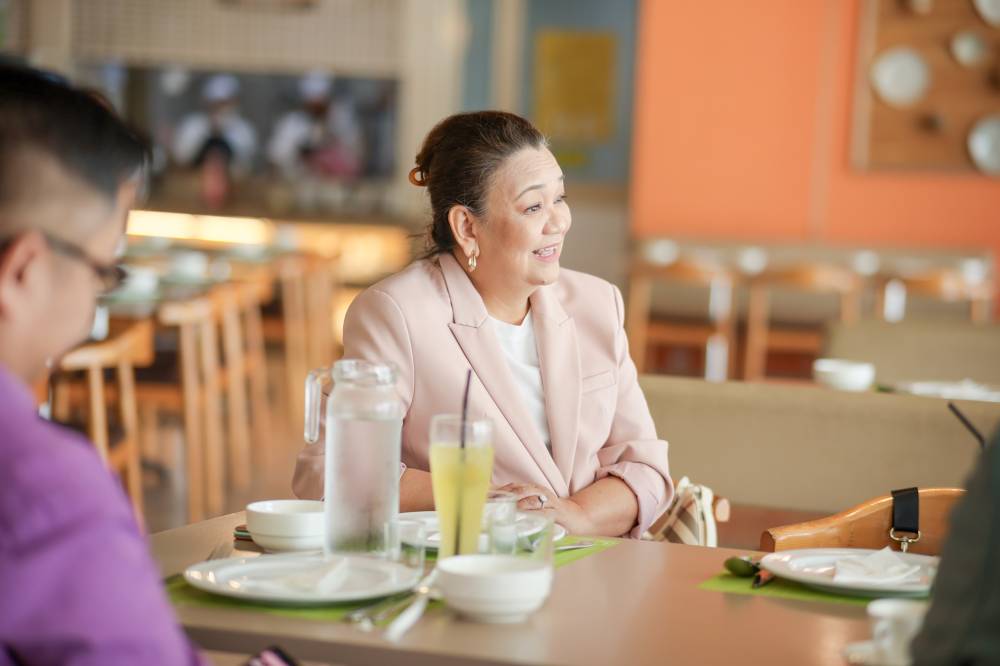
The tried-and-tested formula of serving good food at prices within reach of the camp employees and in generous quantities worked yet again for Urbina, such that word of mouth easily spread about her carinderia that became Cafe Laguna in 1991.
Today, Urbina owns 11 outlets across various brands. These include the flagship Cafe Laguna, known for its array of Filipino comfort food like the signature puto bumbong and rich kare-kare, Lemon Grass specializing in Asian cuisine, and U Kitchen.
Calling most of the shots now is her daughter, Jill.
She is introducing her own changes such as increased digitalization and diversification into other fields such as catering and new brands such as Ullis (street foods of Asia), Parilya (seafood grill), and U Kitchen cafe.
But what will remain the same is the close supervision of the restaurants to ensure the consistency of the products that they serve their customers. No shortcuts, lest they alienate their market and thus put the jobs of some 400 employees at risk. They should always strive to do what is necessary, not just their best.
Harbour City
The history of SM Supermalls in Cebu is also inextricably linked with that of Harbour City Dimsum House Co. Inc., which popularized bite-sized dimsum dishes among Cebuanos.
It traces its roots to as far back as 1969 when Ding How—Cantonese term for ‘the best’—opened on Colon Street and introduced dimsum cuisine to Cebu and pioneered the concept of all-day dimsum dining.
It introduced to the local market the original steamed fried rice, which remains a bestseller even now under the leadership of the second generation—brothers Steven and Christopher Kokseng.
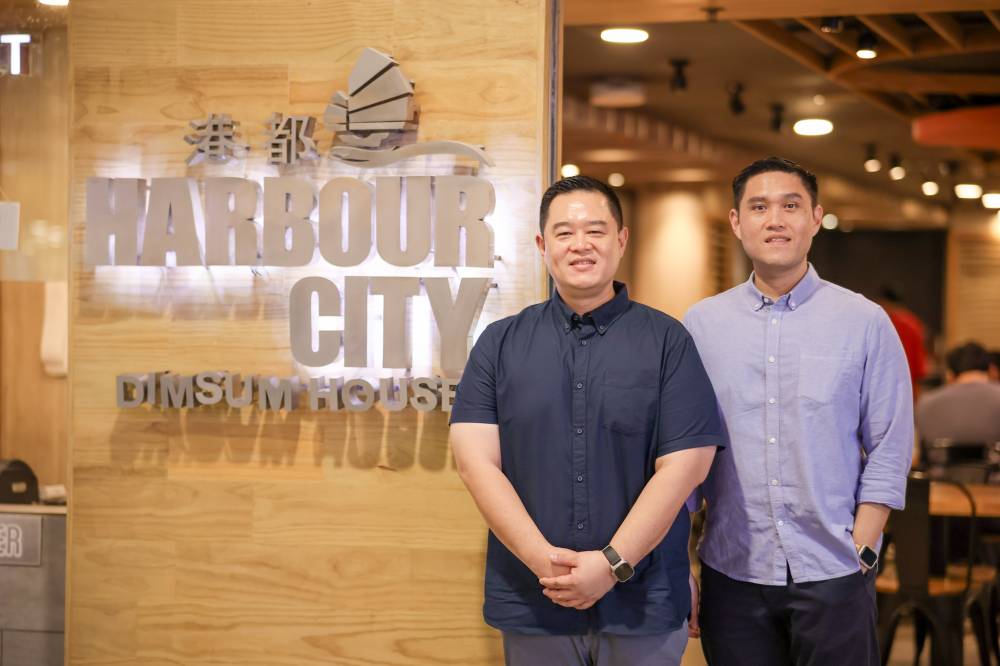
Due to its significance in Cebuano culture, unsurprisingly, the family was invited to become an SM City Cebu tenant in 1993.
It opened in the basement and was there for 30 years before it closed down to give way to the renovation and refurbishment of SM City Cebu.
“Now we have five brands born in SM City Cebu. Harbour City and Dimsum Break started in this mall,” said Steven.
The group today has 35 stores across brands Ding How, Ding Qua Qua, Harbour City, and Dimsum Break, mostly in Cebu with a few in other Visayas and Mindanao areas.
Christopher shared that he and his brother were busy with other pursuits before they were asked to join the business and they have no regrets about answering the call to write the next chapter of Harbour City’s story.
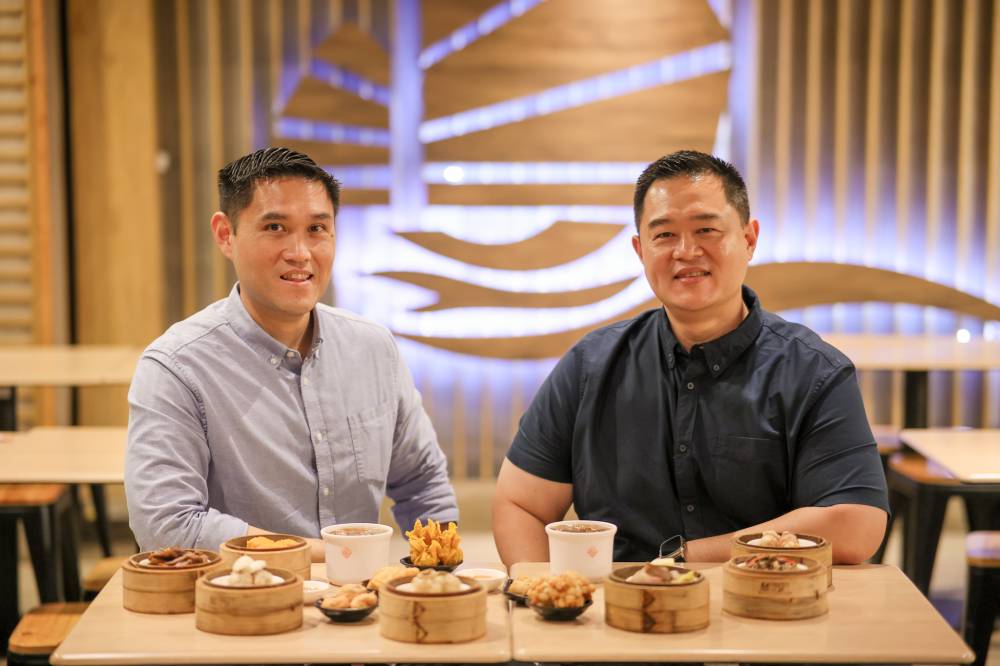
Just like the family of Henry Sy Sr., succession was carefully executed and the brothers complement the entrepreneurial spirit of their elders by concentrating on financial controls, marketing, expansion and innovation.
“We have to deal with the day-to-day firefighting,” shared Steven, “We learned the ropes through experience and training, followed by further schooling. Then, we hired good people to help us out.”
Christopher lamented that he and his brother did not have the opportunity to personally interact with the Sy family members but they nevertheless learned from their example.
Thus, they have adopted the principle of constantly changing while staying true to Harbour City’s core, which is built on having food that is lami (delicious), paspas (served quickly), and barato (cheap).
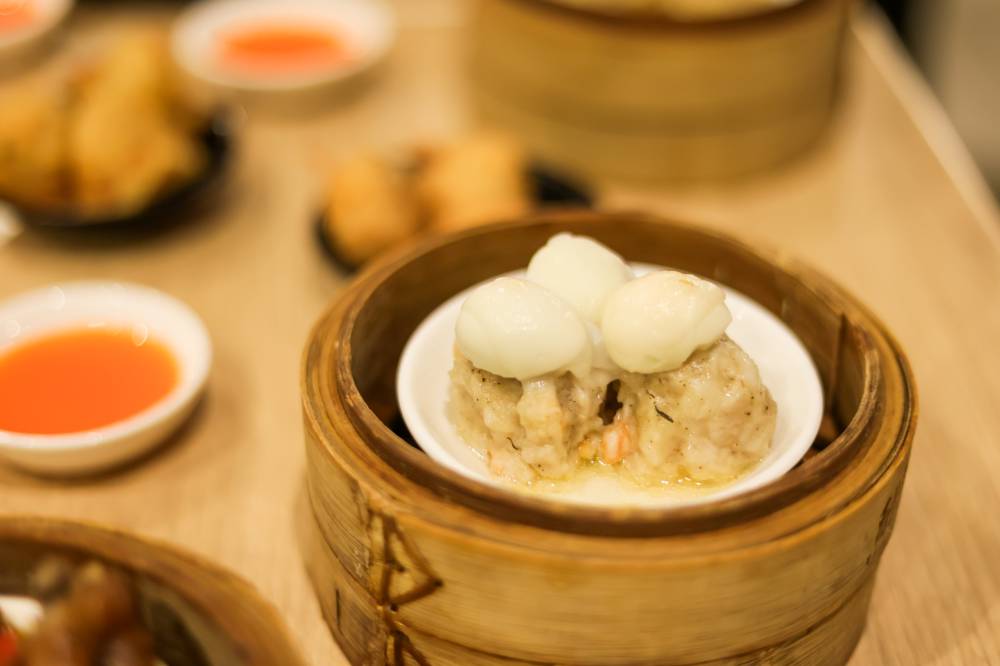
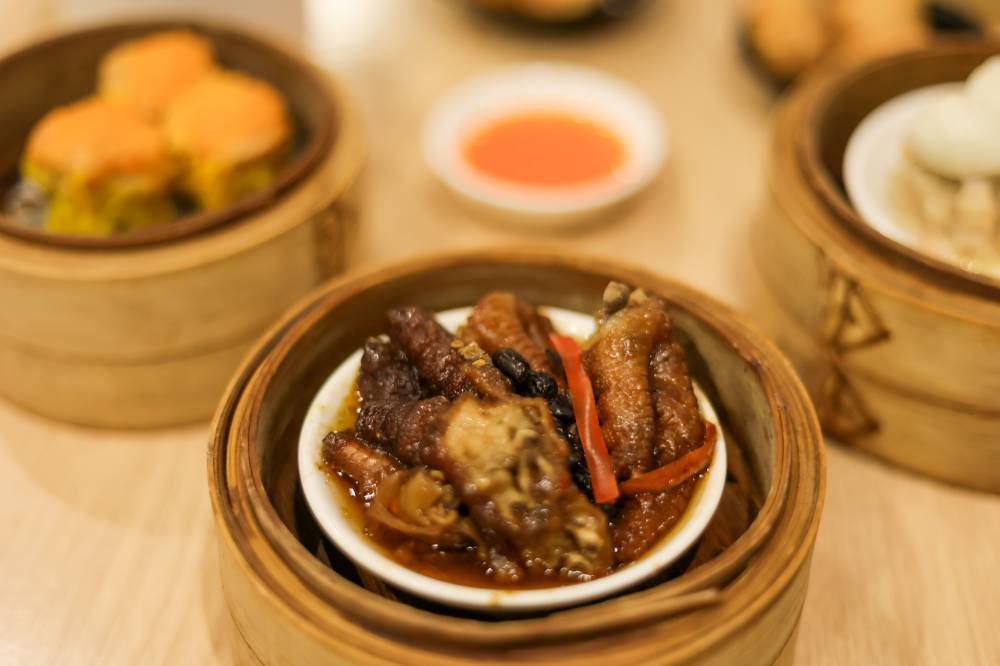
“We see what they are doing, that it is not enough to just grow the business. We have to innovate. We see what they are doing themselves. Even with so many malls, they still do something differently. If SM is innovating, then we as tenants need to innovate, too,” said Christopher.
Steven echoed this view, saying that they took the SM City Cebu mall rezoning as an opportunity to regroup and strategize on how to take the group to the next level, especially with the presence of greater competition not just from new local brands but with foreign concepts that are likewise attracted to the Philippines’ young and growing population.
“But if there is one thing that we are careful about, we have to maintain the food quality. That is the same value as it was in 1969. We dare not change anything, no shortcuts. We would rather increase our prices because of inflationary pressures rather than do ‘shrinkflation’ (the practice of selling products at a same price but at smaller quantities). We will alienate our customers if we do that,” he said.
Indeed, they want to ensure that the group will continue to grow and last long enough to be passed on to the next generation.
“We see it as a relay and we are now running the second leg of the relay. We have to make sure that we will maintain that lead,” said Steven.
Hukad
That DNA that made the Harbour City restaurant group a success is shared by Kenneth Kokseng. He’s on his own mission to grow Hukad into a formidable restaurant chain in Visayas and Mindanao on the back of hearty regional dishes guaranteed to satisfy all palates.
The Hukad group, with close to 30 branches, upholds the Kokseng tradition set by the famous 40-plus-year old Golden Cowrie.
That Hukad, a Cebuano term meaning ‘an invitation to eat as food is on the table’, got to this point Kokseng credits to the team behind SM City Cebu.
They encouraged him to put up the first Hukad in a mall, opening in 2002.
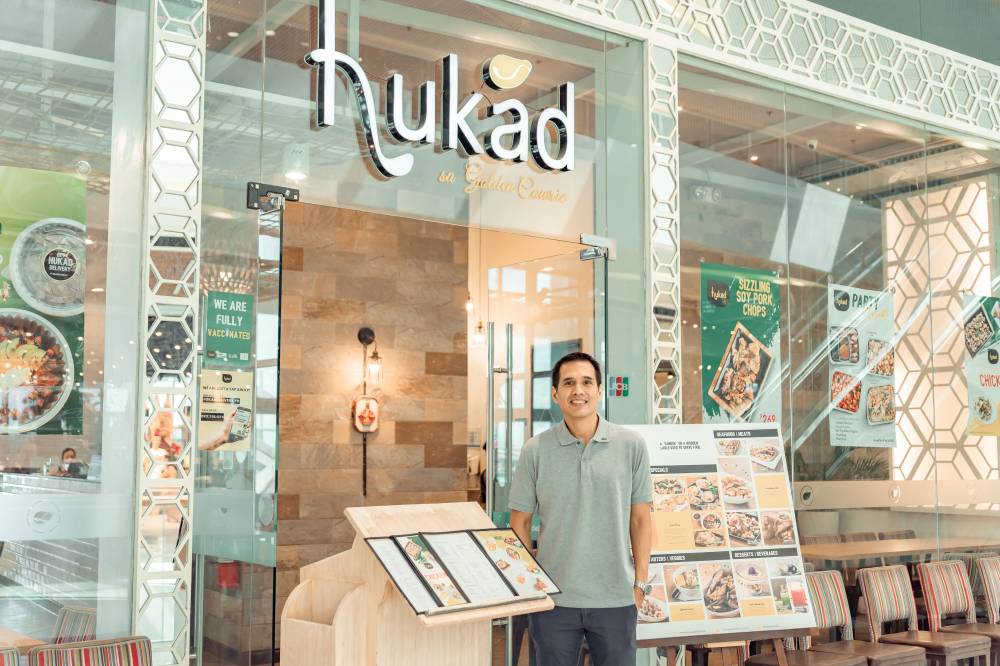
“The SM Group were the ones who gave us the push, made us take that leap of faith to open in the malls,” said Kokseng, “We were initially very hesitant to go to the mall because we are used to having a business outside of the malls. But we are happy that they believed in us because fast forward to today, almost all of our branches are in the malls.”
What convinced them was the possibility of sharing Hukad’s food with more people since SM had the biggest retail footprint in the country.
“That was the moment that I realized that we can make Hukad a big thing by opening in more places,” shared Kokseng.

He shared that he was actually busy building his own logistics business outside the family corporation when he was asked to help run it. Like any good relative, he granted his family’s wishes and took on the challenge. Little did he know that he would learn to love it and commit himself to expanding it.
“My wife helps me run the whole place. My uncles and my dad are part of the board,” said Kokseng, who handles the financial and operations side of the growing business.
He believes Hukad has the ingredients for long-term success as it has a strong brand and a reputation for good food.
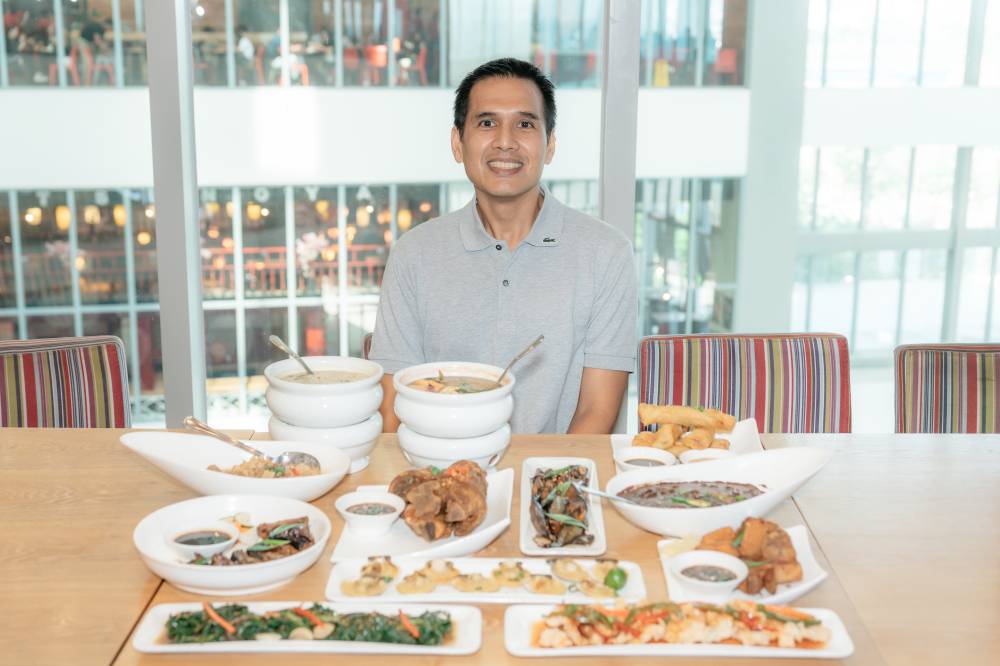
“For us, business is about taking care of your name, your reputation. We do not cheat our customer, rather, we want to treat them well,” said Kokseng, “That is our strength, our brand. We have been here since the 1990s and we are still relevant.”
Salon de Rose
Salon de Rose is another beloved heritage Cebuano brand that rapidly grew with the help of SM Supermalls.
For many years, Rosemarie Lim of Rose Pharmacy fame was content operating Salon de Rose in standalone branches across Cebu and also in other provinces including Davao that were more than willing to pay for its value-for-money salon services.
Her children convinced her to take on the opportunity to open at SM City Cebu back in 1994, 20 years after opening the first Salon de Rose in Magellan Hotel in 1974.
Some 30 years after venturing into the malls, Salon de Rose continues to draw clients through constant innovation, this time driven by the young CEO Brian Lim of the third generation.
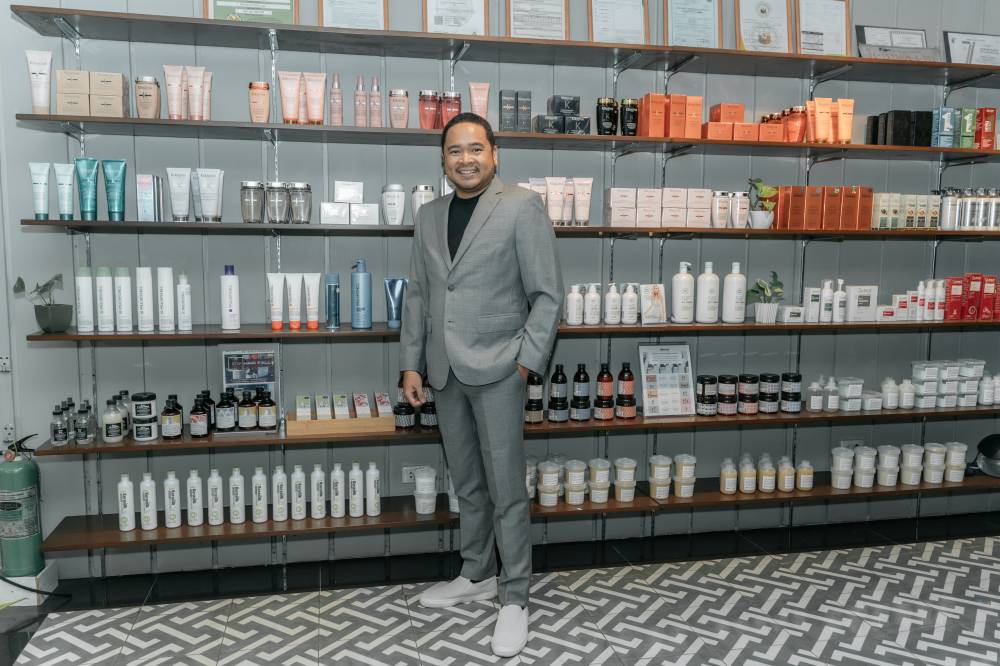
Lim started out handling marketing for the company in 2008, eight years after he decided to return to the Philippines armed with an American education to set up his own business.
But he was always within reach of the family. After all, he and his cousins had helped out during summers and other free time at Rose Pharmacy growing up. Thus, it was but logical that he would eventually join the company formally in 2008, offering to help in its growth.
By his third year there, Lim was tapped by the family to become CEO of Salon de Rose, a network of 19 branches employing about 400 employees.
“My passion is very different, from computers to pyrotechnics. But at the end of the day, running any kind of business involves the same things, strategizing and maximizing resources,” said Lim.
As CEO, he spearheaded the upgrade of the look and feel of Salon de Rose to meet the higher standards of its new and loyal customers.
He also wore his IT hat and invested in the digitalization of the company’s processes to make it more efficient and to enable him and the management team to have the accurate data to make quick and informed decisions.
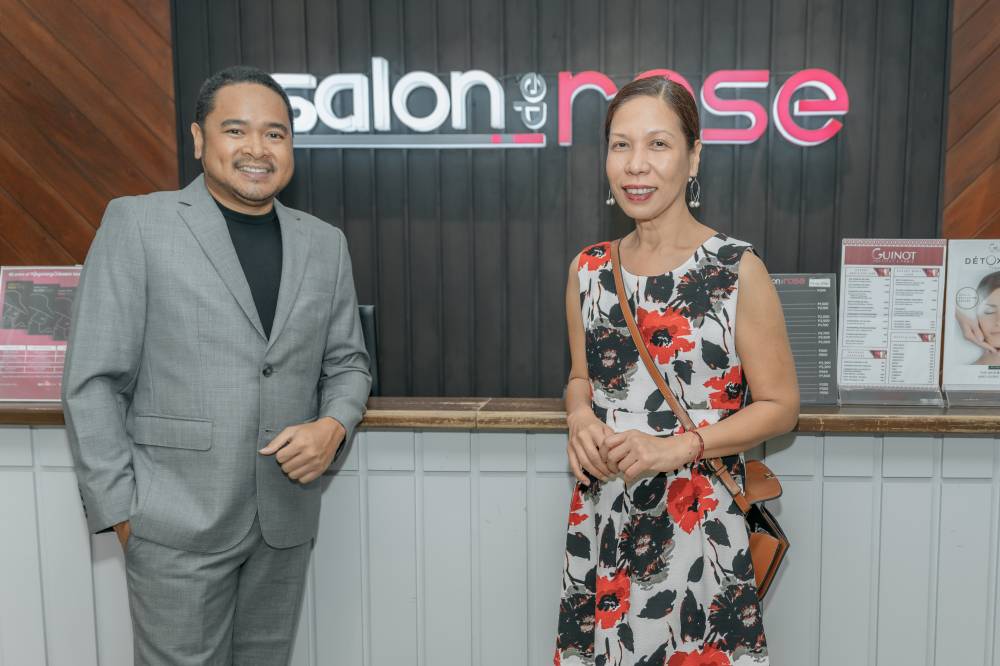
Like any business, Salon de Rose has had its share of setbacks, most recent of which are the COVID-19 pandemic that abruptly shut down its operations and the devastating Odette typhoon that slowed down its recovery.
At one time Salon de Rose had 27 branches and employed some 600 workers, but has since been trimmed for the chain to become stronger and more efficient.
He happily reports that Salon de Rose’s revenues are now above pre-pandemic levels in 2019. He gives a big part of the credit to the employees who endured the trials with management and have continued to provide the best service possible to the customers, thus ensuring that they remained loyal to Salon de Rose.
“We are quite proud that we treat our employees like family. Throughout the challenges, we were able to support each other, so that now that we are post-pandemic we can all thrive and be even better than before,” said Lim.
“For me, that is our special sauce, how we treat our staff and employees. For us, Salon de Rose is very much their business as it is ours. My grandmother will always ask, how’s your payroll? She is adamant that they be paid on time, all the time,” Lim added.
With the pandemic long over, the group has returned to growth mode. Customers had gone back with a vengeance and Salon de Rose has been able to ride on that rebound, welcoming droves of walk-in clients that the SM Group continues to attract.
Like the SM Group, Lim said they would continue to upgrade, innovate, and take advantage of the opportunities that are ready for the taking by next-generation leaders like him.






